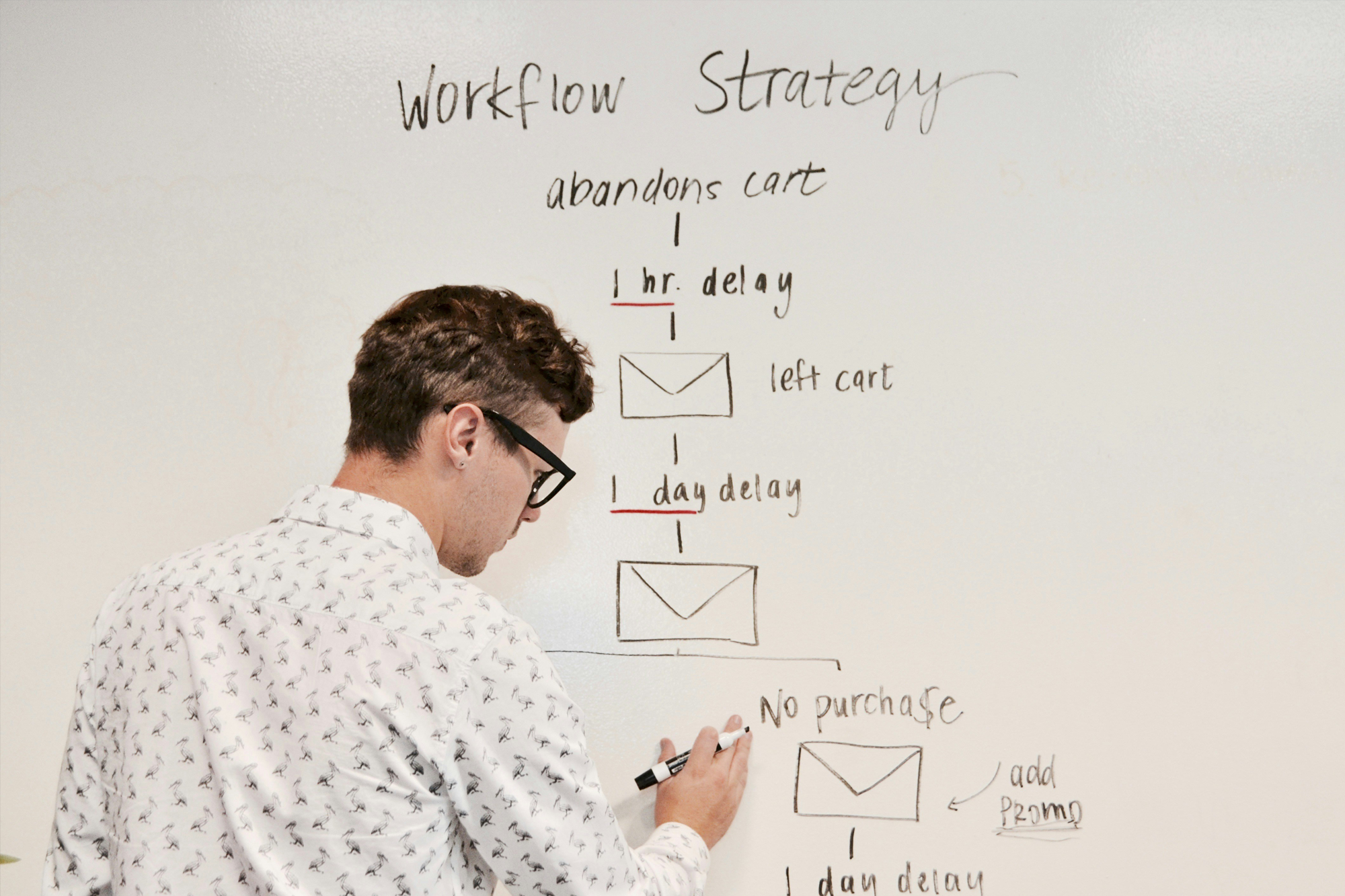
We have a problem. Quick – book a meeting!
People aren’t getting along. Quick – book a meeting!
Someone did something wrong. Oh dear, we’d better book a meeting.
Meeting culture. It’s a real thing. It’s a real problem. A lot of organizations have fallen into the habit of calling a “come to Jesus” meeting whenever something happens, or an issue needs to be addressed.
For some reason, we think we can create a miracle plan that will solve our problems, or fix damaged relationships, with one meeting. Or as some like to call it, a “working session”.
Guys, it just doesn’t work.
Solving problems takes more than a meeting. Even if you have the five smartest people in the room, there are no guarantees that anything ground-breaking will happen. Dealing with big problems takes a longer-term commitment – a shift to a whole new culture. A culture of collaboration.
Meetings are a poor substitute for problem-solving
We see this all the time with public engagement – particularly in government. Something comes up, an issue needs to be discussed, a proposal needs to be written or legislation prepared. Someone, somewhere, says “Oh boy, we need to talk to the public. Let’s book a meeting.”
The issue arises, and then the decision is made to have a meeting. Nine times out of 10, the result is underwhelming. We need to do relationship building differently. That means thinking about how to establish collaborative relationships with stakeholders before problems surface.
Collaborative relationships are not one-off meetings when s#’t hits the fan. They are based on a set of principles that promote working together to solve problems. A series of thoughtful practices. Good collaborative habits that are routine and frequent, continually nurturing the situation or environment.
Here are some examples of good collaborative habits:
Going around the room to ensure every person has a say (and respecting their say, whether you agree or not!)
Adopting a ‘yes, and’ philosophy where you build on each other’s ideas
Cultivating the capacity to dissent
It’s not about tools - it’s about attitudes
Normally, this is where we would give you the tools to build those collaborative habits. But in this case, it’s not so much about tools as it is about attitudes.
It’s about thinking through when you do the listening. When you do the talking. It’s about human relationships. A series of different types of conversations. Care and connection. Taking the time to create relationships over time.
We’re talking about a proactive approach as opposed to reactive. Founded on a culture of collaboration instead of falling into the habit of booking a meeting to fix everything.
The City of Calgary made progress with this during COVID, when it started to live stream council meetings. Calgarians could tune into the regular meetings from their homes, instead of having to attend in person. It removed a barrier of collaboration – making it easier for people to develop a better understanding of the issues. The city is now exploring the possibility of allowing the public to present to council or committees virtually, which would be another positive step.
Another example – we are working with a not-for-profit organization that involves multi stakeholder engagement. Right in the organization’s terms of reference, it states that members are expected to contact each other outside the meeting to talk about issues they don’t agree on. Collaboration is not only encouraged, but also built right into the rules. The message is clear - don’t just wait until the meeting and stonewall. Make an effort to understand others’ perspectives and seek resolution before the meeting.
That’s the way you do it.
A holistic approach – preventative health
We aren’t saying you should go cancel every meeting in your calendar. Meetings of all different shapes and sizes are still an important part of collaboration. But they can’t be “one and done”. They need to be part of a holistic approach and sustained process.
Facilitators can help form that holistic approach. We help our clients have their own conversations and understand each other’s perspectives. We provide processes that help open doors, establish empathy and shift images until people can start to see the world through someone else’s lens.
Clients often call us with their backs against the wall. “We need a facilitated half day workshop in three days to solve this critical problem.” We hold a brilliant session; everyone feels better after venting and talking the problem through. But without follow-up, without an actual shift in behaviour, it’s useless and becomes a pattern of raised and then dashed expectations.
We much prefer working with clients in a proactive mentality. We teach them how to build a collaborative environment themselves. We give them ideas and custom tools. We help them practice and build confidence in the new approach - both as individuals and as an organization.
So next time a problem arises, the instinct won’t be to call a meeting. A framework will already be in place to help find the solution.
Parsons Dialogue is based in Calgary, Canada, serving clients across North America. We design and facilitate strategic processes that help teams collaborate with clarity and confidence.








